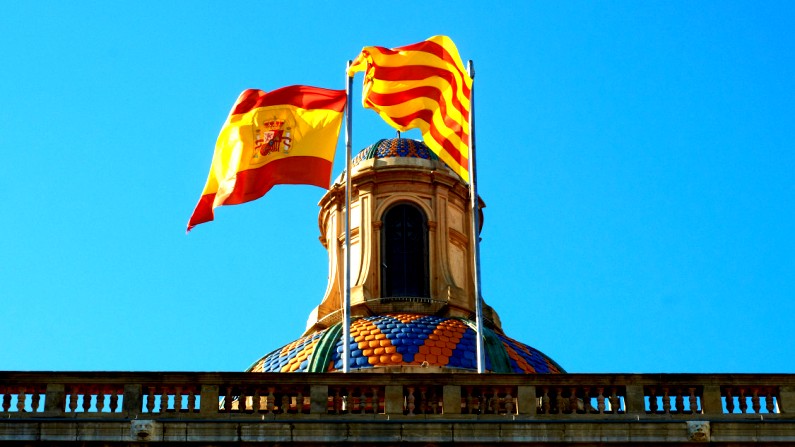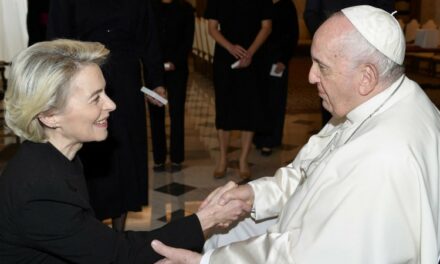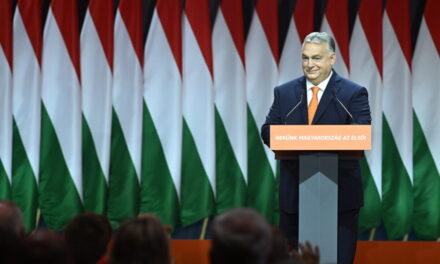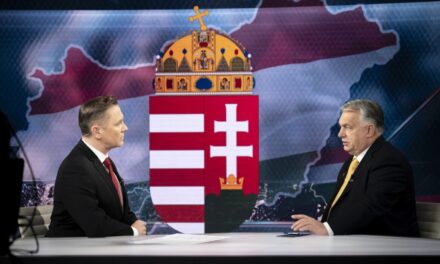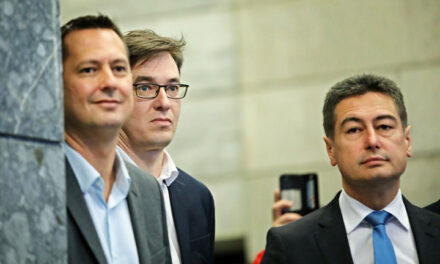Prime Minister Pedro Sánchez announced early parliamentary elections for July 23 in Madrid on Monday.
The prime minister referred to the results of Sunday's local elections when justifying the decision, in which the parties governing the country in a coalition, the Spanish Socialist Workers' Party (PSOE) and the Together We Can (Unidas Podemos) were defeated, losing control in the majority of provinces and large cities.
"As Prime Minister and as Secretary General of the Socialist Party, I personally take responsibility for the results. I believe that an answer must be given to this, subjecting our democratic mandate to the will of the people," emphasized Pedro Sánchez in his extraordinary televised speech.
The prime minister says that Spain is just getting over the crisis caused by the coronavirus epidemic and the war in Ukraine, it is facing a "clear growth path", and the government has already achieved the reforms promised four years ago at this stage of the cycle, and in addition, it will fill the European Parliament from July the position of President of the Union.
According to his words, because of all this, it is necessary for the voters to clarify what kind of policy they expect from the nation's government and which political forces should control it.
As he said, VI. He informed King Philip of Spain in the morning that the decision to dissolve the parliament and call early elections would be accepted at an extraordinary government meeting later in the day. The parliamentary elections were originally supposed to take place at the end of December.
"The sooner the better," Alberto Núnez Feijoó , president of the conservative People's Party (PP), the largest Spanish opposition force, reacted to the announcement. On Sunday, the right-wing party won the local elections with 31.5 percent of the votes, and was ahead of the socialists by about 760,000 votes.
The party chairman criticized the prime minister for wasting time and for not moving ahead with the parliamentary elections, which could have been held at the same time as the local authority voting even last Sunday. In his opinion, with the timing, Pedro Sánchez is trying to cover up the poor performance of his own party and the success of the PP. As he said, the result is the most powerful and at the same time the clearest expression of the great desire for change in Spanish society.
Santiago Abascal , the president of Vox, which is located to the right of the PP in the parliamentary palette, said that the early parliamentary election was "the only positive news that Pedro Sánchez has given in the last four years". He emphasized: the dissolution of the parliament makes the agreement between the People's Party and the PP even more necessary.
In the local elections, the conservatives won by a very narrow margin in the majority of provinces and cities, so they must seek cooperation in order to obtain a majority. This is what Vox can give the PP, which doubled its result four years ago by obtaining 7.2 percent of the vote.
Ione Belarra , the general secretary of the We Can (Podemos) party, which is part of the coalition government, emphasized that the progressive bloc lost the first half of the match on Sunday, but they want to rebuild trust both in the coalition government and in the Unidas Podemos formation. They are working to unite the parties to the left of the Socialist Party, he added.
Due to the unexpected announcement of early elections, the parties have less than two weeks to announce possible electoral collaborations, and within three weeks the electoral lists must also be finalized.
Parliamentary elections have been held for the 15th time in the history of Spanish democracy since 1979.
Source: MTI
(Credit Image: Getty Images )

